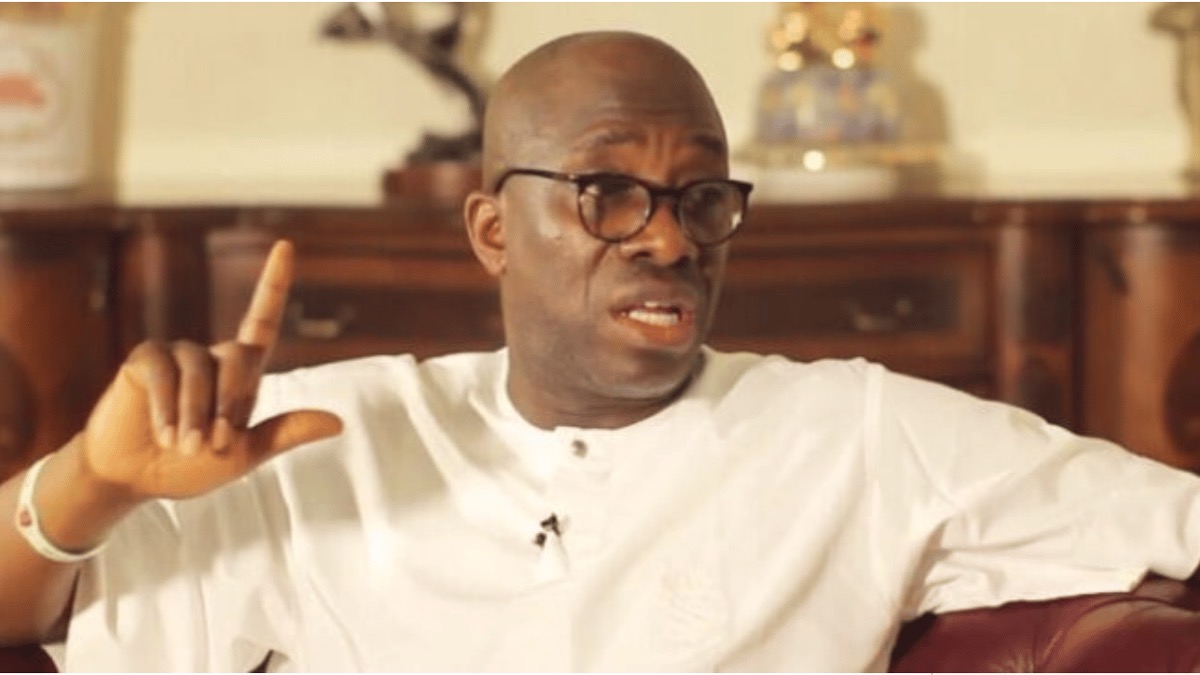The tax reform efforts of President Bola Ahmed Tinubu’s administration are facing significant opposition, with Segun Sowunmi, a chieftain of the Peoples Democratic Party (PDP), attributing the backlash to perceived ethnic favoritism in key economic appointments.
The Controversy
Sowunmi, speaking in an interview, criticized the composition of Tinubu’s economic team, noting that the Federal Inland Revenue Service (FIRS) Chairman, the Minister of Finance, and the Governor of the Central Bank of Nigeria (CBN) are all from the Yoruba ethnic group. He argued that this lack of ethnic diversity has fueled distrust and resistance, particularly from northern governors and stakeholders.
“The opposition is not about the reforms themselves, but the perception that they do not serve the broader interests of the nation,” Sowunmi stated. “Leadership must be inclusive to gain the trust of all regions.”
Northern Leaders Reject Tax Reforms
Sowunmi highlighted that 19 northern governors and other members of the National Economic Council (NEC) have voiced their disapproval of certain sections of the tax reform bills. These governors argue that the reforms disproportionately affect their regions and fail to account for the unique economic challenges faced by their states.
In response to the growing opposition, Sowunmi noted that representatives in the legislature are compelled to advocate for their constituents’ interests, further stalling the progress of the reforms.
Ethnicity and Governance in Focus
The criticism of Tinubu’s appointments underscores the challenges of ethnic representation in governance. In a country as diverse as Nigeria, the perception of ethnic favoritism can undermine national unity and erode trust in government policies.
Sowunmi emphasized the need for inclusivity, stating,
“The government must ensure that all regions feel represented and their voices heard, especially on issues as critical as tax reforms.”
The Push for Tax Reforms
The Tinubu administration has introduced ambitious tax reforms aimed at increasing revenue, simplifying tax laws, and addressing Nigeria’s fiscal challenges. However, these reforms have sparked widespread debate, with critics arguing that the timing and implementation lack sensitivity to the current economic realities faced by many Nigerians.
Despite the opposition, the government remains steadfast in its commitment to reforming the tax system. Key proposals include:
- Simplifying Nigeria’s complex tax structure to boost compliance.
- Lowering corporate tax rates while broadening the tax base.
- Reducing the tax burden on low-income earners and increasing contributions from wealthier individuals.
Moving Forward
The resistance to Tinubu’s tax reforms reflects broader concerns about governance, representation, and economic fairness. As the government navigates these challenges, fostering dialogue and ensuring equitable policies will be critical to gaining the support of all regions.
Sowunmi’s comments shed light on the complexities of implementing nationwide reforms in a politically and ethnically diverse country like Nigeria. The coming weeks will determine whether the Tinubu administration can build consensus or face further delays in achieving its ambitious tax reform goals.
